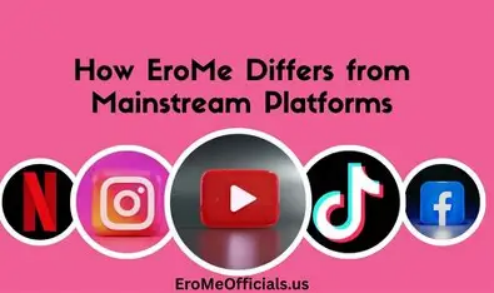The Illusion of Ownership: Erome, Video Downloading, and the Ethical Quagmire of Digital Content
The architecture of the modern internet is built upon a fundamental and often uncomfortable tension: the frictionless sharing of information against the rigid protection of intellectual property. Nowhere is this tension more palpable than in the realm of user-generated adult content, with platforms like Erome serving as a central hub. Erome, a platform that allows users to share image and video albums, often of an intimate nature, operates within a specific and precarious niche. It promises a space for consensual sharing and community, yet it exists in the crosshairs of a pervasive practice: the unauthorized downloading and redistribution of its content. The act of downloading videos from Erome, or any similar platform, is frequently justified by users through a lexicon of personal convenience, archival, or a distorted sense of digital freedom. However, a thorough examination reveals that this practice is an ethical transgression that undermines the very principles of consent, privacy, and creative labor upon which a safe and sustainable digital ecosystem must be built. It represents not a triumph of user autonomy, but a failure of digital ethics in the face of technological ease.
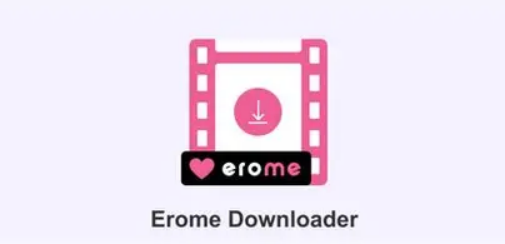
To understand the gravity of unauthorized downloading, one must first appreciate the social contract implied by platforms like Erome. Unlike mainstream platforms such as YouTube or Instagram, Erome hosts content that is inherently private and sensitive. Users, often couples or individuals, share intimate media within a semi-contained ecosystem, typically with an expectation of ephemerality and controlled viewership. The platform's structure, while public, carries an implicit understanding that the content is meant for consumption within its specific context. This is not public domain material; it is personal creation shared under a specific set of assumptions. The decision to download this content shatters that fragile contract. It severs the media from its original context and intent, transforming a shared experience into a possessed object. The downloader unilaterally decides to permanentize what was meant to be transient, to privatize what was shared publicly only under specific, limited conditions. This act disregards the creator's agency over their own digital body and narrative, treating their personal content as a commodity to be acquired rather than a presentation to be experienced on its own terms.
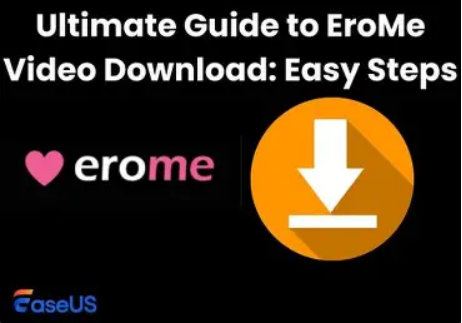
The most severe ethical consequence of this practice is its direct violation of consent, a principle that is the bedrock of any interaction, especially in the realm of intimate content. When a user posts a video on Erome, they are consenting to it being viewed on that platform, perhaps for a limited time, and likely with certain controls (though limited). They are not providing consent for that video to be downloaded, stored on a stranger’s hard drive, re-uploaded to other websites, shared on torrent networks, or circulated on private messaging apps. Each of these actions is a new context for which explicit consent was never given. This creates a direct through-line from downloading to the non-consensual distribution of intimate images, a form of digital sexual abuse often referred to as "revenge porn" even when the initial motive is not malicious. The downloader may claim they have no intent to redistribute, but the mere act of possession without consent creates a risk. The existence of the downloaded file creates a permanent copy that can be leaked, hacked, or shared later, completely outside the original poster's control. In this way, the downloader becomes a potential node in a chain of violation, regardless of their original intent.

Furthermore, the economic and creative labor argument, while often overshadowed by the consent issue, remains critically important. The creation of high-quality content, even of an amateur nature, involves investment. This includes the cost of cameras, lighting, editing software, and, most significantly, the time and creative effort spent on production, editing, and curation. For many creators, platforms like Erome are not just hobbies; they are part of a monetized ecosystem, often linked to subscription-based platforms like OnlyFans or Patreon. Erome can serve as a promotional tool, a teaser to attract subscribers. Unauthorized downloading directly undermines this economic model. When content is ripped and distributed freely, it devalues the creator's work and disincentivizes its production. It severs the direct connection between creator and audience, transforming a supported community into a free-for-all extraction system. Why would a creator continue to invest time and resources if their work is simply taken and circulated without their permission, robbing them of both control and potential income? The argument that "it was already public" is a weak justification for this economic and creative devaluation; a sample at a grocery store is public, but that does not grant the right to empty the shelf into one's bag without payment.

Of course, proponents of downloading will advance several counterarguments, all of which crumble under scrutiny. The most common is the appeal to practicality: downloading allows for offline viewing, circumventing poor internet connectivity or preserving content "before it gets taken down." While seemingly pragmatic, this argument prioritizes minor personal convenience over fundamental ethical principles. It is an act of profound selfishness to argue that one's desire to watch a video on a plane justifies violating the consent of the person in the video. The archival argument—"I'm just preserving it"—is equally flawed and arrogates a responsibility to the downloader that they were never granted. The decision to archive one's own content belongs solely to the creator, not to an anonymous third party.

Another common defense is the claim that by posting online, users implicitly accept the risk of downloading. This is a form of digital victim-blaming. It is analogous to arguing that by choosing to wear a valuable watch in public, a person implicitly accepts the risk of having it stolen, and thus the thief bears less moral culpability. This logic is pernicious and creates a culture of impunity that discourages people from participating in digital spaces for fear of exploitation. The responsibility for ethical behavior lies with the community and the individual actor, not with the creator who dared to share something online.
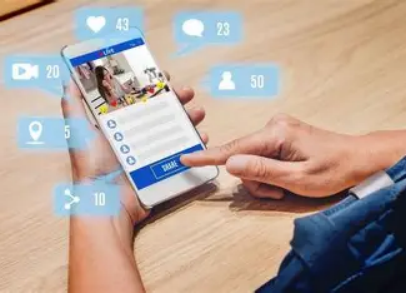
Ultimately, the issue of downloading from Erome is a microcosm of a larger struggle to define ethics in the digital age. Technology will always provide tools that outpace the development of social norms—the ability to do something does not confer the moral right to do it. The ease of using a browser extension or a dedicated video downloader does not sanitize an act that is, at its core, a non-consensual appropriation of private content.
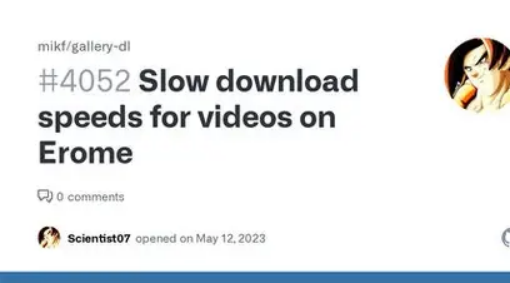
Combating this requires a multi-faceted approach. Platforms must invest in more robust technical deterrents, making downloading more difficult through stronger digital rights management (DRM), even if it is never foolproof. More importantly, they must foster a culture of respect through clear terms of service and active moderation against communities dedicated to sharing downloaded content. On a societal level, digital literacy education must expand to include a strong emphasis on ethics, teaching users from a young age that digital content is not a free-for-all and that actions in the virtual world have real-world consequences for real people.
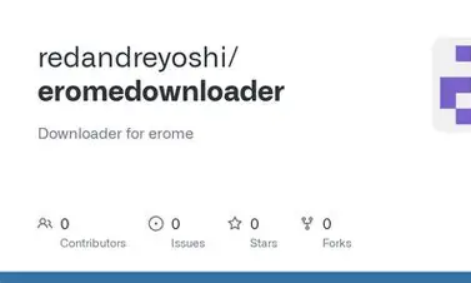
In conclusion, the unauthorized downloading of videos from platforms like Erome is an indefensible practice. It is a breach of trust, a violation of consent, an theft of creative labor, and a threat to the privacy and safety of individuals. The arguments used to justify it are rooted in a misguided sense of entitlement over digital content and a reckless disregard for the human beings behind the pixels. As a society, we must move beyond the simplistic notion that "if it's online, it's free." We must cultivate a digital ethos that values consent, respects boundaries, and supports creators, ensuring that the internet evolves into a space of trust and innovation, rather than a wild west of exploitation. The choice is not between convenience and ethics; it is between building a respectful digital community or contributing to its erosion, one download at a time.
